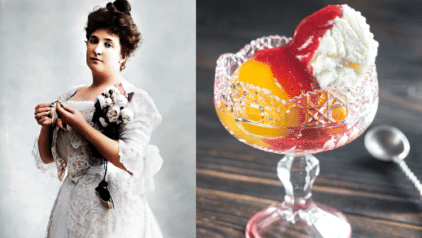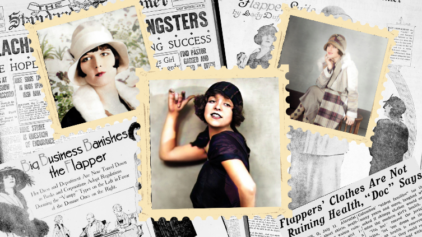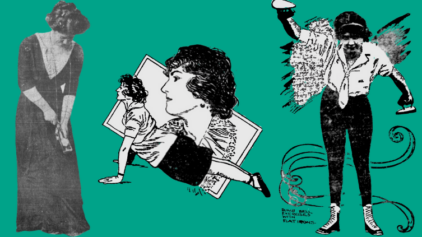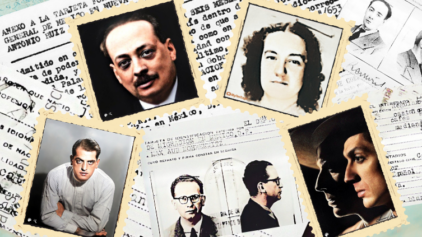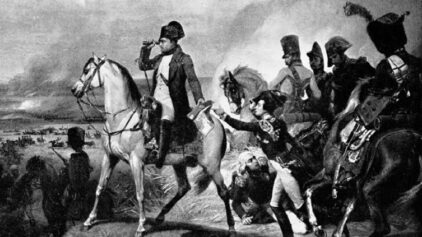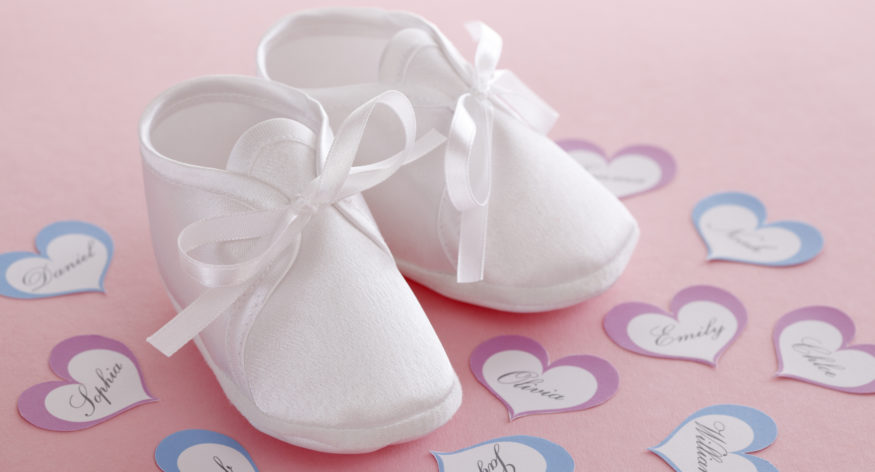

Congratulations to the Duke and Duchess of Sussex on the birth of their new baby daughter, Lilibet Diana! We can’t help but note the lovely choice of name — clearly a moving tribute to two powerful and important women in the baby’s family. Decades of data show that her parents aren’t alone in turning to the past to look for an appropriate name for a member of the next generation.
Names are a deeply personal topic and can often remind us of people we hold dear to us. As more people research their family’s history, it is now easier than ever to look into our family’s past and find out which names had significance to our ancestors. This could be a big driver for the recent boom in historical baby names, as new parents look to connect their children with their ancestors.
In addition to the historical tie, more parents are looking for names that are unique. In the 1950s only 5% of babies had a name outside the top 1000. This number has now increased to closer to 30%, as names continue to become more diverse.
Lilibet is a known nickname of Queen Elizabeth II, derived from the way she pronounced her own name as a child. The name sits outside the top 10,000 for births in the U.S. and outside the top 4,000 in the U.K., according to the latest published records.
Meghan and Harry’s daughter Lili’s middle name, Diana, was of course given in memory of Harry’s mother, who died tragically in a car accident in 1997. It’s a more common name, having consistently ranked among the top 200 in the U.S. since the 1930s, and is in the top 100 in such diverse countries as Hungary, Spain, and Ukraine.
Lilibet is not the only new member of the royal family to receive a more traditional, less common first name. Princess Eugenie’s son, born in February, was named August after Queen Victoria’s husband, whose birth name was Francis Albert Augustus Charles Emmanuel. A month later, the Queen’s oldest granddaughter — Zara Phillips, daughter of Princess Anne — gave her son the name Lucas Philip, in a touching nod to her now-late grandfather.
While the name Lilibet may not have been common during the last 100 years, as with other royal names, we expect it will spark a trend, and we will see a boom in popularity following the new arrival. After Prince George was born, the name soared to 2nd place in the list of most popular given names in the U.K. As it’s rumoured that Charles will take the name King George when he ascends the throne, there is no doubt the name will continue to rise in popularity.
The name Charlotte stayed strong in the top 100 during the 1800s, but dropped out of fashion in 1920. It re-entered the top spots during the 1980s and rose from 25th place to 12th most popular after Kate Middleton chose the name for her daughter in 2015. Before Prince Louis was born, in 2017, the name ranked 82nd in popularity. After William and Kate christened their youngest son with the moniker, it shot up to the 53rd spot the following year.
MyHeritage researchers discovered some interesting facts about which traditional baby names are seeing a resurgence in popularity:
- The most popular names when records began in 1780 were Mary, John, William, and Elizabeth.
- Alfred, Bertie, Frank, Fred, Leonard, and Sidney all saw a 21st-century peak in 2012
- The most popular names of the 1950s and 60s are yet to see a resurgence, as almost all now sit lower than the top 500 in popularity. There are 3 exceptions: David, Michael, and John.
- The name Bertie is up 1,646 places in the rankings.
- After almost a century out of the top 100, the name Olive has almost reached its 1800s peak once more.
- Some names have eclipsed their original heyday. Violet and Elsie saw higher rankings in 2019 than they did 200 years ago.
- Names like Agnes, which peaked in 1910 but dropped out of the top 100 names in 1935, have started to make their way towards the top 100 again.
Do these trends indicate a newfound interest in the past? Your guess is as good as ours, but we are touched by Lili’s parents’ choice of name, and we’re sure the rest of the royal family is, too.
Are you or your children named after a beloved ancestor? Search our historical record collections and see if you can gain new insights about old names in your family.


